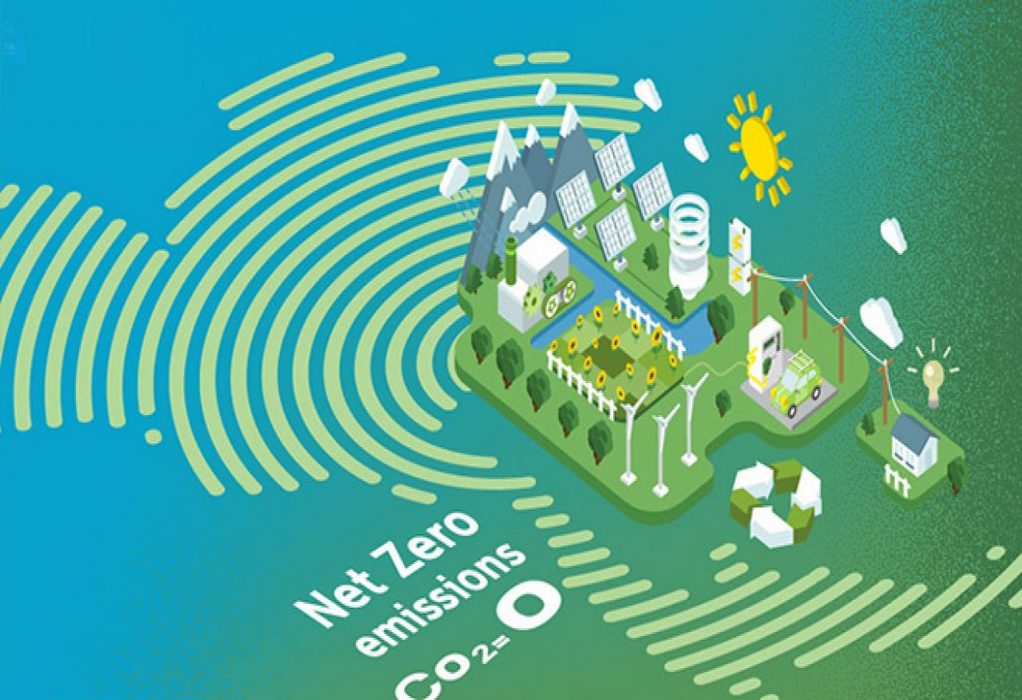Carbon reduction from coal power plants is a key challenge and Co-firing of low carbon fuel will facilitate the transition towards a low carbon energy economy and subsequent it to “Net Zero” emission. In its efforts to adopt advanced powering technology to decarbonize power generation in India, NTPC Ltd., the country’s largest power generating utility, and GE Power India Limited, a listed company of GE Steam Power in India signed today a Memorandum of Understanding (MoU) for feasibility to demonstrate technologies to reduce the carbon footprint of NTPC’s existing coal fired power plants.
This first of a kind MOU aims at partnering on research, development and engineering of technologies that will enable NTPC to reduce the amount of coal fired in their units and gradually replace it by co-firing of ‘alternate fuel’ in boiler – both (i) carboneous (methanol, Carbon neutral fuel- agri-waste, biomass, etc) and (ii) non-carboneous (ammonia ). This will make use of huge existing infrastructure and less new investment will not be required as compared to other decarbonisation options. Further, as in India coal is the only option for base load so it will help to reduce carbon footprint from source of reliable power, for decades in future.
Tags: Carbon Intensity, Decorbonise, GE Power, NetZero, NTPC



Recent Posts
Chartered Speed expands its electric mobility footprint in Arunachal Pradesh
PSA International joins Global Centre For Maritime Decarbonisation as a strategic partner
MPA and NYK Group Advance Collaborative Efforts on Maritime Autonomous Surface Ship Trials
BIMCO drafts new clause to support biofuel use in time charters
Global Maritime experts attended India@Nor-Shipping – Maritime Partnership for a shared & sustainable future
India-Norway Dialogue Anchors on Sustainable Maritime Development
Sea cruise ships can now connect to shore power in Amsterdam
Corvus Energy partners with HD Hyundai Mipo for AiP on new green product tanker design.